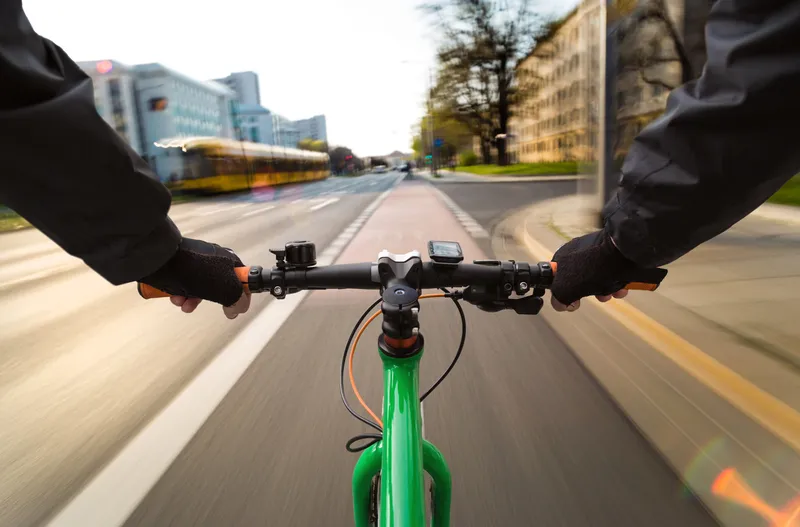The Austrian Institute of Technology (AIT) has developed a software solution, Travel Mode Identification (TMI), which it says automatically identifies the travel modes of people carrying a smartphone, making it suitable for applications such as mobility surveys and automated ticketing. The technology allows the collection of data and can be integrated into existing smartphone apps. It automatically classifies eight different travel modes, walking, cycling, riding a motorcycle, car, bus, tram or train; no us
May 5, 2017
Read time: 1 min
The 6625 Austrian Institute of Technology (AIT) has developed a software solution, Travel Mode Identification (TMI), which it says automatically identifies the travel modes of people carrying a smartphone, making it suitable for applications such as mobility surveys and automated ticketing.
The technology allows the collection of data and can be integrated into existing smartphone apps. It automatically classifies eight different travel modes, walking, cycling, riding a motorcycle, car, bus, tram or train; no user intervention is required.










